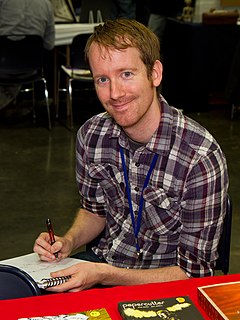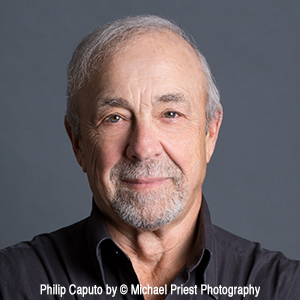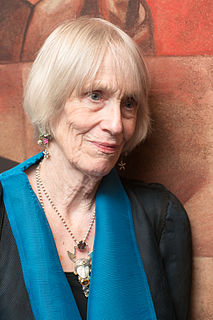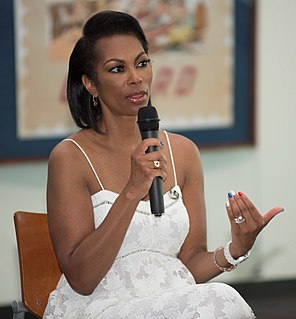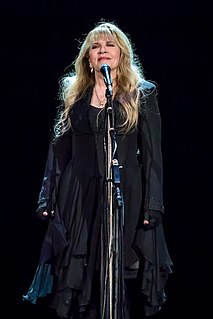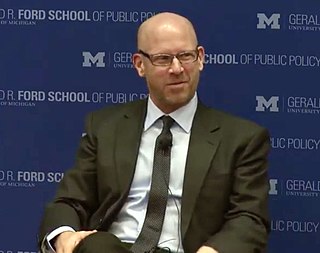A Quote by Nate Powell
Kids have always play-fought, but I think my generation had a particularly privileged cultural fantasy surrounding military violence.
Related Quotes
The unraveling that I experienced much earlier in the Vietnam war than many people think, was due to the immediate foxhole experiences. But once I got back home and began to follow the war on TV and in the press I began to see this enormous con game - I can't think of any other word for it - that government and the military was foisting on the American people, especially on the young men of my generation, and even worse, the young men of my generation who weren't particularly economically or intellectually privileged.
What was on the agenda was school and social life and those kinds of things. So I was the middle of five kids. So I had the great advantage of being able to play up to the older kids and play down to the younger kids and I think that's part of what propelled me to become a teacher at some point in my life. But it was a comfortable childhood. It was a privileged childhood.
[I was] particularly eager to give voice to the women of my mother's place and generation, who grew up in turn-of-the-century, privileged New England households, who really never had a chance to flower and assess themselves and find out who they were. More than anything, I wanted to give voice to the sort of anger that women of that generation could never express for themselves.
I did grow up in a military family but lacked the perspective to grasp the cognitive dissonance carried by most people who serve in the armed forces or the circumstances that push lots of folks into the military. I don't blame G.I. Joe or Rambo for that atmosphere, but they certainly reflected the final stage of a two generation cultural myth.
I think that we're making a mistake if we don't see that there is a cultural basis to many illnesses, not just psychiatric ones. Breast cancer would be one prevalent example right now, different kind of cultures surrounding it. If you don't understand the cultural meaning of an illness like that you're going to miss the boat even if you're a great scientist.
I know specifically me being somebody who has had most of my experiences within the black church, that's cultural... you gotta put on your church clothes when you got to church...and it's nothing wrong with that - that's absolutely fine! But I think what's happening to a new generation ,the hip hop generation, there's astigmatism, a feeling that I'm unwelcome.
